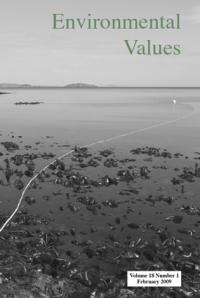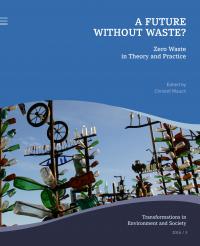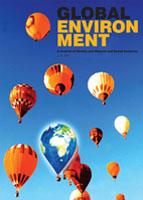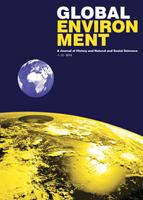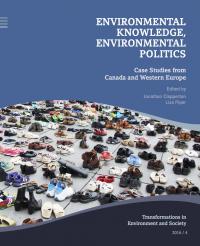"Value Theory in Ecological Economics: The Contribution of a Political Economy of Wealth"
This paper demonstrates how a Political Economy of Wealth—an analytical framework inspired from Ricardo’s and Marx’s theories of value—strengthens the analytical force of Socio-Ecological Economics in the context of the controversy over the value of nature.


